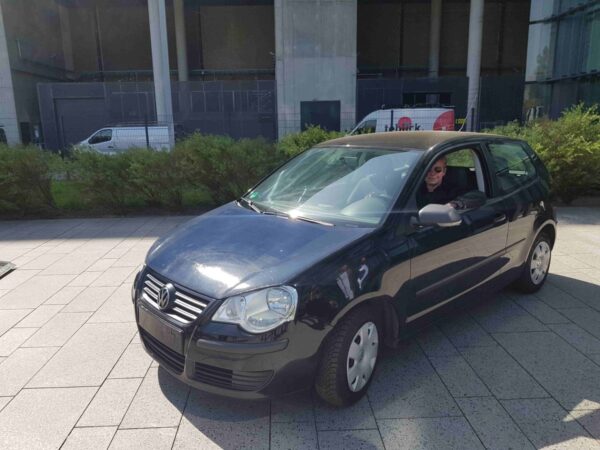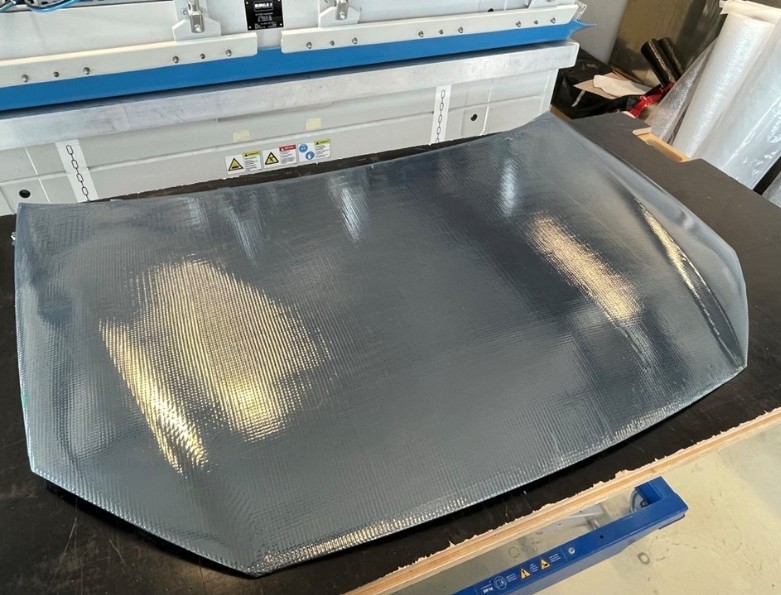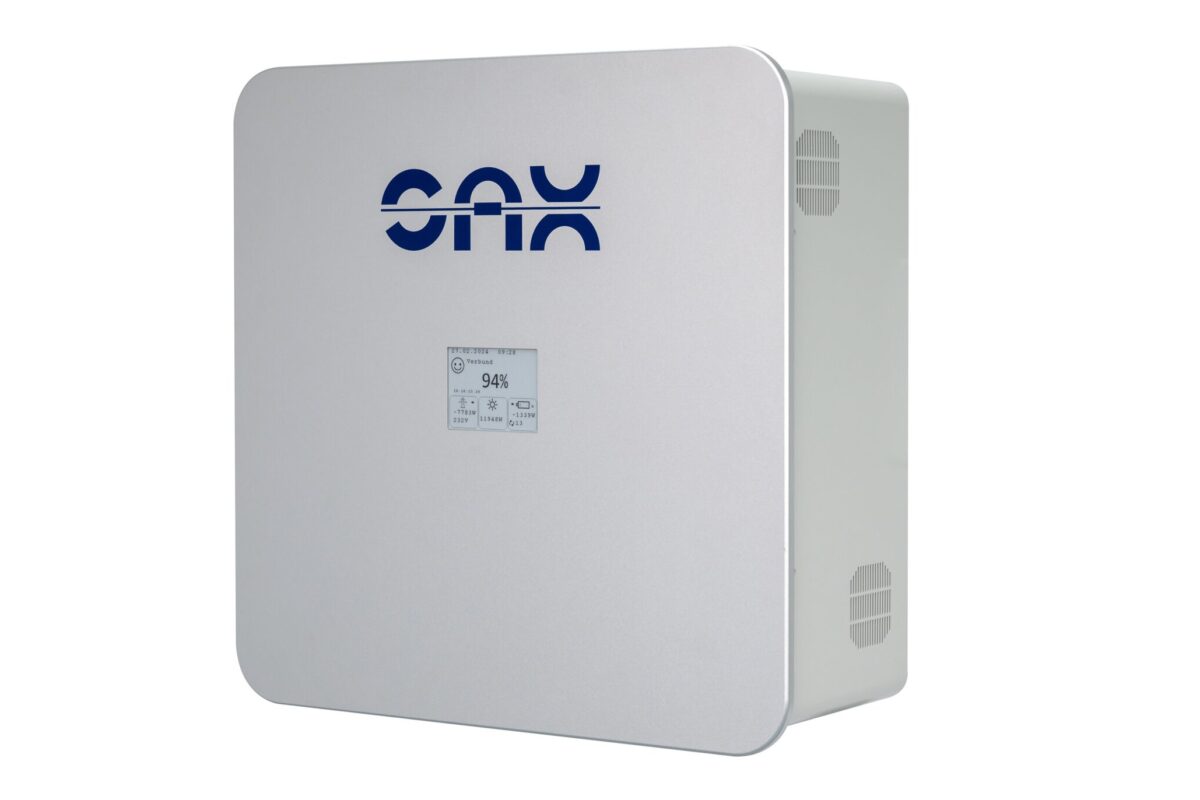Fraunhofer ISE researchers are proposing to integrate solar cells into the hoods of cars, as an additional solution to use PV power devices in vehicles or electric vehicles.
They said that this is the first attempt at using the standard sheet metal hood of a regular passenger car as a surface for solar power devices and explained that all previous VIPV technologies have been deployed on cars' roofs or sides.
The team developed the inaugural system prototype on a Volkswagen vehicle. The 115 W solar array features PERC solar cells. This technology was chosen after evaluating other options, such as interdigitated back-contact (IBC) and TOPCon solar cells.
“In principle, any solar cell technology can be used,” it stated
The scientists assembled the PV system via a lamination process that reportedly minimizes air pockets between the cells. They said this prevents the wrinkling of the film module caused by the curved surface of the hood.
They also colored the system with Fraunhofer ISE's proprietary MorphoColor technology, which was originally created for building-integrated PV (BIPV) applications. The technique enables the production of solar modules with homogeneous surfaces and different colors that can be integrated “almost invisibly” on facades or roofs.
“We’ve already achieved a very good aesthetic with this,” said researcher Martin Heinrich. “We’re currently working on improving the surface appearance even further. To this end, we’re actively on the lookout for project partners who are interested in joint development.”
The research group is currently testing different prototypes in the laboratory and believes its lamination process and the MorphoColor technology might be applied on other car surfaces, including the roof. In past research, Fraunhofer ISE also tested high-voltage solar modules developed in partnership with industrial clients for heavy-duty trucks.

This content is protected by copyright and may not be reused. If you want to cooperate with us and would like to reuse some of our content, please contact: editors@pv-magazine.com.




2 comments
By submitting this form you agree to pv magazine using your data for the purposes of publishing your comment.
Your personal data will only be disclosed or otherwise transmitted to third parties for the purposes of spam filtering or if this is necessary for technical maintenance of the website. Any other transfer to third parties will not take place unless this is justified on the basis of applicable data protection regulations or if pv magazine is legally obliged to do so.
You may revoke this consent at any time with effect for the future, in which case your personal data will be deleted immediately. Otherwise, your data will be deleted if pv magazine has processed your request or the purpose of data storage is fulfilled.
Further information on data privacy can be found in our Data Protection Policy.